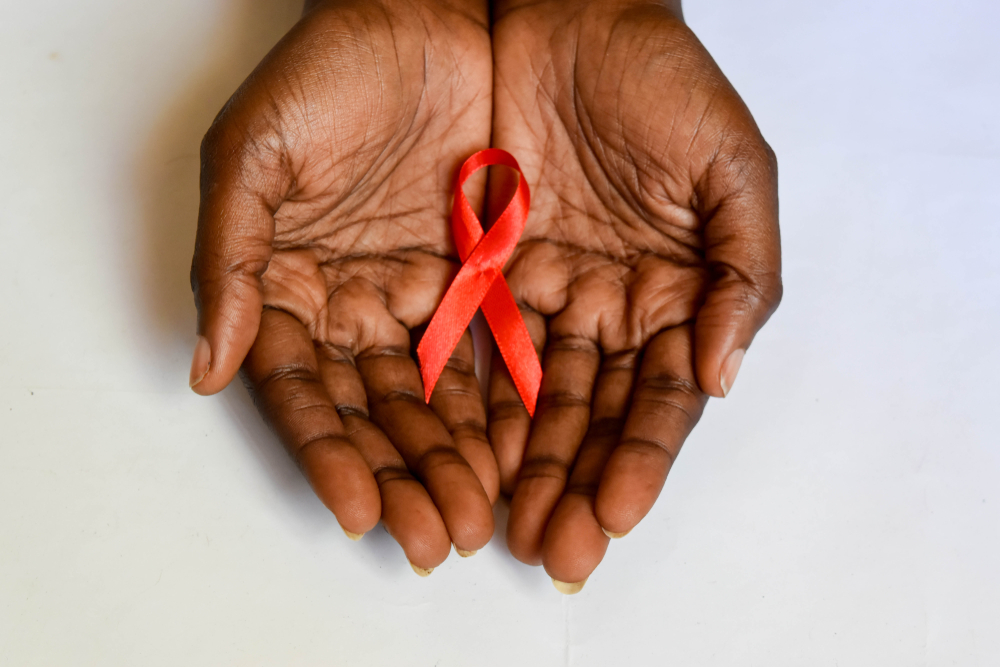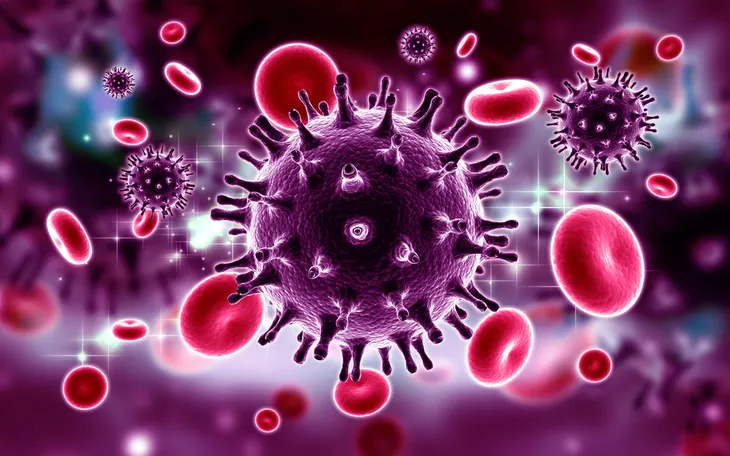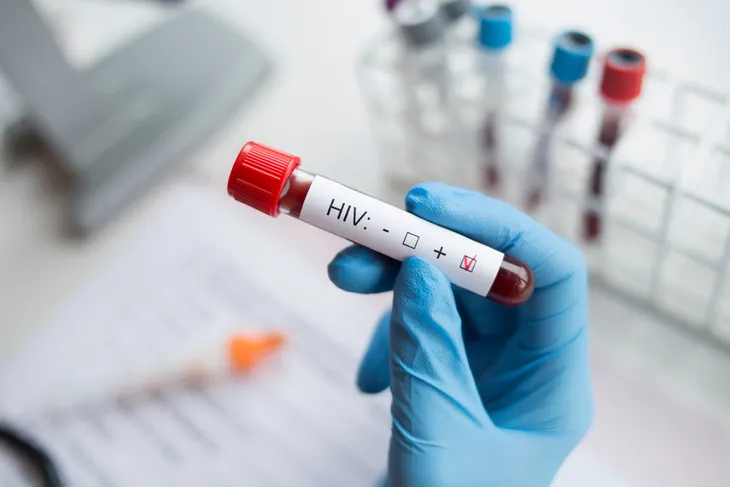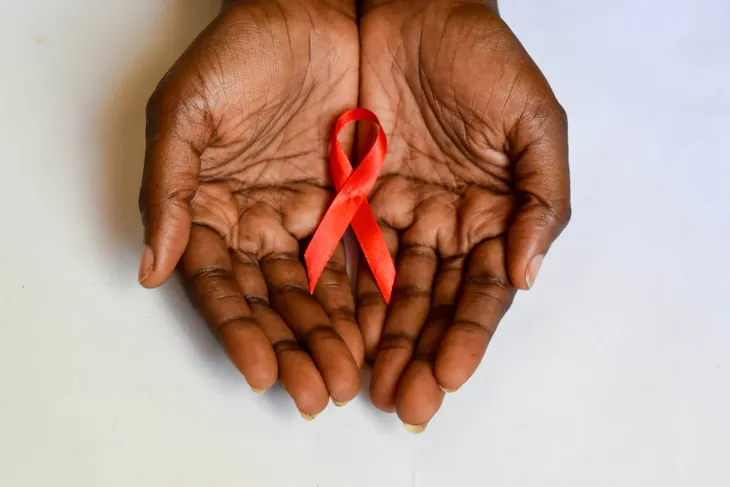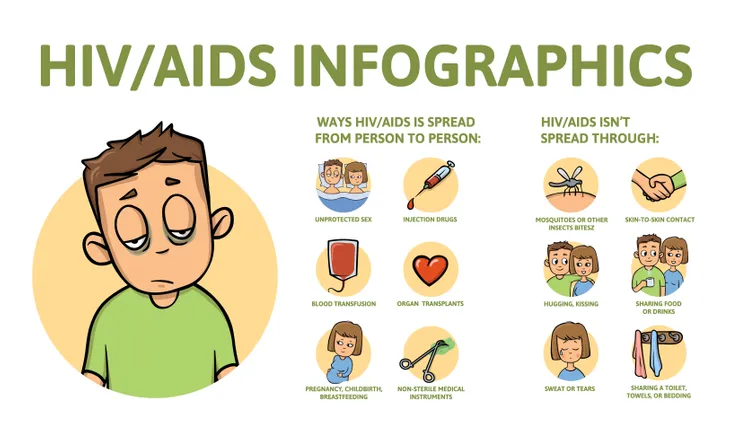Human immunodeficiency virus (HIV) is a virus that attacks the immune system. It’s an infection that approximately 1.2 million people in the U.S. are currently living with. In fact, about 14 percent of people don’t even know they have it and still need to be tested. It’s critical that people experiencing symptoms of HIV or who have potential risk factors get tested. You can learn more about the symptoms through online research.
There is no cure for HIV, but there are treatments that can improve one’s quality of life and prevent spreading it to others. Consider searching online to find out how this disease can be managed.
Signs and Symptoms of HIV
Within two to four weeks after infection, it’s possible for people with HIV to experience flu-like symptoms. Symptoms may include fever, chills, rash, night sweats, and sore throat. This is the first stage of HIV and is referred to as acute HIV infection.
Some of the other symptoms of HIV infection may include:
- Muscle aches
- Sore throat
- Fatigue
- Swollen lymph nodes
- Mouth ulcers
Symptoms can vary from person to person. It’s also possible for people to not feel sick at all after getting infected. The longer someone goes untreated, the higher the likelihood the infection will progress to a later stage.
Stages of HIV
Untreated cases of HIV can progress through different stages, which is why early diagnosis is critical in slowing or preventing progression of the disease.
Here are the three stages of HIV:
Stage 1: Acute HIV Infection
This is where flu-like symptoms can be experienced, which is typically around two to four weeks after infection. Symptoms can last from a few days to a few weeks, but it’s also possible for people not to experience any symptoms at all.
Since flu-like symptoms can be related to many illnesses, it’s possible they are not related to infection with HIV. Regardless, you should see a doctor to receive an accurate diagnosis and treatment.
Stage 2: Clinical Latency
At this point, it’s possible for people to still not experience any symptoms or even feel better after experiencing flu-like symptoms. Clinical latency, also known as chronic HIV infection, is when the virus multiplies in the body at low levels. People without treatment could remain in this stage for 10 to 15 years.
Patients must take HIV medicine everyday to keep an undetectable viral load. This will not only protect your health, but it will minimize the risk of transmitting HIV to your sexual partners. HIV patients with a detectable viral load can transmit HIV even without experiencing symptoms.
Stage 3: Acquired Immunodeficiency Syndrome (AIDS)
A person with untreated HIV will eventually reach the third stage. The HIV causes progressive weakening of your body’s immune system, leading to the last stage of infection called AIDS. It can take eight to 10 years for the progression of HIV infection to AIDS.
Symptoms of AIDS can include:
- Weight loss
- Chronic diarrhea
- Night sweats
- Fever
- Persistent cough
- Mouth and skin problems
- Repeated infections
- Serious illness or disease
- Unexplained tiredness
These symptoms can occur from opportunistic infections, meaning it happens because your body’s immune system has been damaged (giving organisms the opportunity to cause an infection that they wouldn’t in an individual with a normal immune system). Each of these symptoms can also be related to other illnesses, so getting tested is crucial in finding out whether it’s related to HIV or AIDS.
Risk Factors
Since symptoms commonly appear in other illnesses besides HIV, it’s important for people to know whether they’re at risk for HIV infection. Anyone can get HIV, regardless of sexual orientation, race, ethnicity, gender, or age.
Gay and bisexual men have the largest number of new cases in the U.S. Black and Hispanic people are disproportionately affected by HIV compared to other ethnic groups. Some risky behaviors associated with spreading or contracting HIV include unprotected sex, sharing syringes or needles, and not taking medicine to prevent or treat HIV.
Living in a community where many people have HIV increases the chances of having sex or sharing syringes or needles with someone who has HIV. The prevalence of HIV varies from place to place, but there are resources online that can tell you the percentage of people with HIV in different communities.
Learn More About HIV Online
HIV is a serious infection that has no cure. While people may experience symptoms, the only way to know whether it’s HIV is to get tested. The good news is better antiviral treatments available in the U.S. will prevent most HIV infections from turning into AIDS.
If you’re diagnosed with HIV, it’s important to obtain treatment and regularly follow up with your healthcare provider to get your viral load checked. This will prevent you from spreading HIV to your sexual partner(s). You can discover more resources about preventing, treating, and lowering your risk of HIV by searching online.
